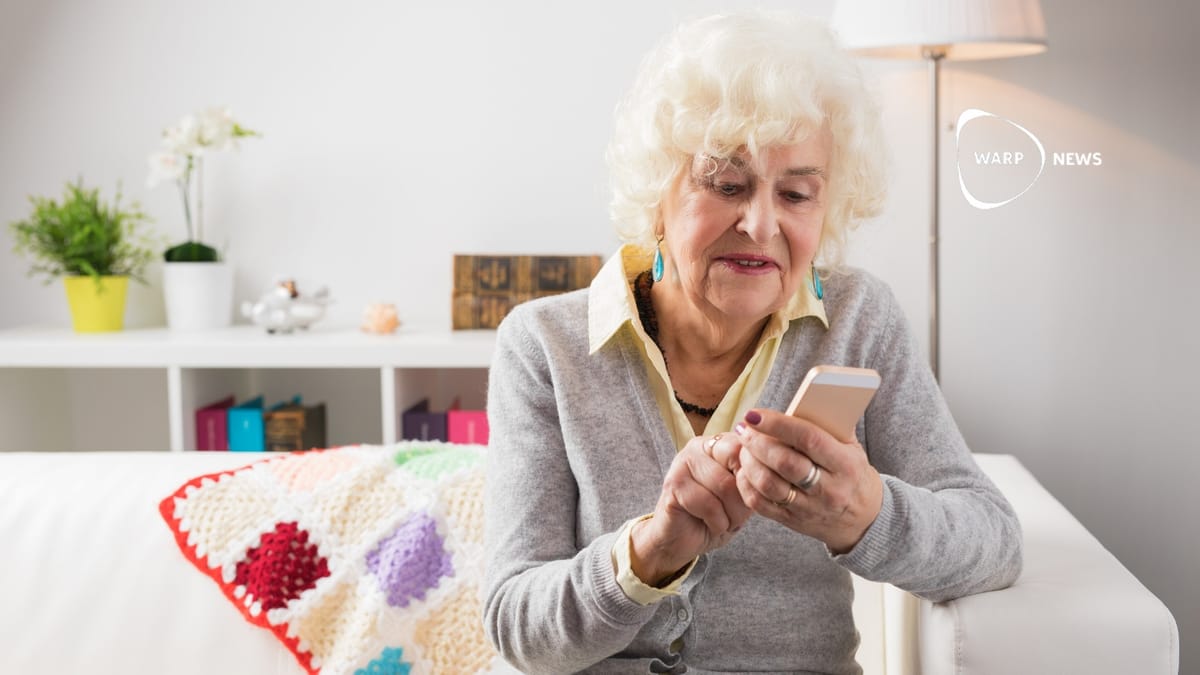Key Takeaways
- The FDA has approved AirPods as over-the-counter hearing aids for adults with mild to moderate hearing loss.
- Smartphones now offer real-time translation and features to aid the visually impaired.
- Over-the-counter continuous glucose monitors are available for diabetics, making diabetes management more accessible.
AirPods as Hearing Aids
The FDA has recently approved AirPods for use as over-the-counter hearing aids, a significant development for adults experiencing mild to moderate hearing loss. The new “Hearing Aid Feature” allows users to utilize compatible AirPods, particularly the AirPods Pro 2, which are priced around $200, considerably lower than traditional hearing aids that can cost hundreds to over a thousand dollars. This approval aims to reduce both the financial burden and the stigma associated with clinical hearing devices.
In addition, these earbuds are now equipped with Apple’s Live Translation feature, enabling users to translate conversations directly in their ears while connected to an iPhone. Support for multiple languages is included, with plans for future additions.
Advancements in Bluetooth Technology
The introduction of Auracast, a new Bluetooth standard, allows individuals to connect their personal earbuds or hearing aids to audio streams in public venues like theaters. This technology has already seen implementation in Android 16 by Google, making audio access more versatile and inclusive in community spaces.
Smartphones Assist the Visually Impaired
Globally, 2.2 billion individuals live with some form of visual impairment. Apple’s iPhone addresses this issue with built-in tools such as a magnifier app and specialized features like Door Detection, which announces the proximity and opening method of doors. The Point and Speak function further enhances user experience by reading text on buttons when the user points the camera at them. For Android users, Google’s Lookout app now integrates Gemini AI models, allowing the app to provide spoken descriptions of images.
Over-the-Counter Glucose Monitors
The FDA also recently approved the first over-the-counter continuous glucose monitor, the Dexcom Stelo, designed for adults not on insulin. Abbott has followed suit with two additional sensors, expanding accessibility for the 38 million Americans living with diabetes and those with prediabetes. These devices enable users to monitor how diet and exercise impact their blood sugar levels simply by using a sensor linked to a smartphone.
Significance of Hearing Aids on Cognitive Health
Research funded by the NIH indicates that addressing hearing loss in older adults can slow cognitive decline over three years. With the World Health Organization predicting that nearly 2.5 billion people will experience some level of hearing loss by 2050, this finding highlights the growing need for accessible hearing solutions. Currently, around 14 percent of Americans aged 45 to 64 experience hearing loss, and a significant majority of those over 45 face presbyopia, indicating a broader public health concern.
The content above is a summary. For more details, see the source article.













